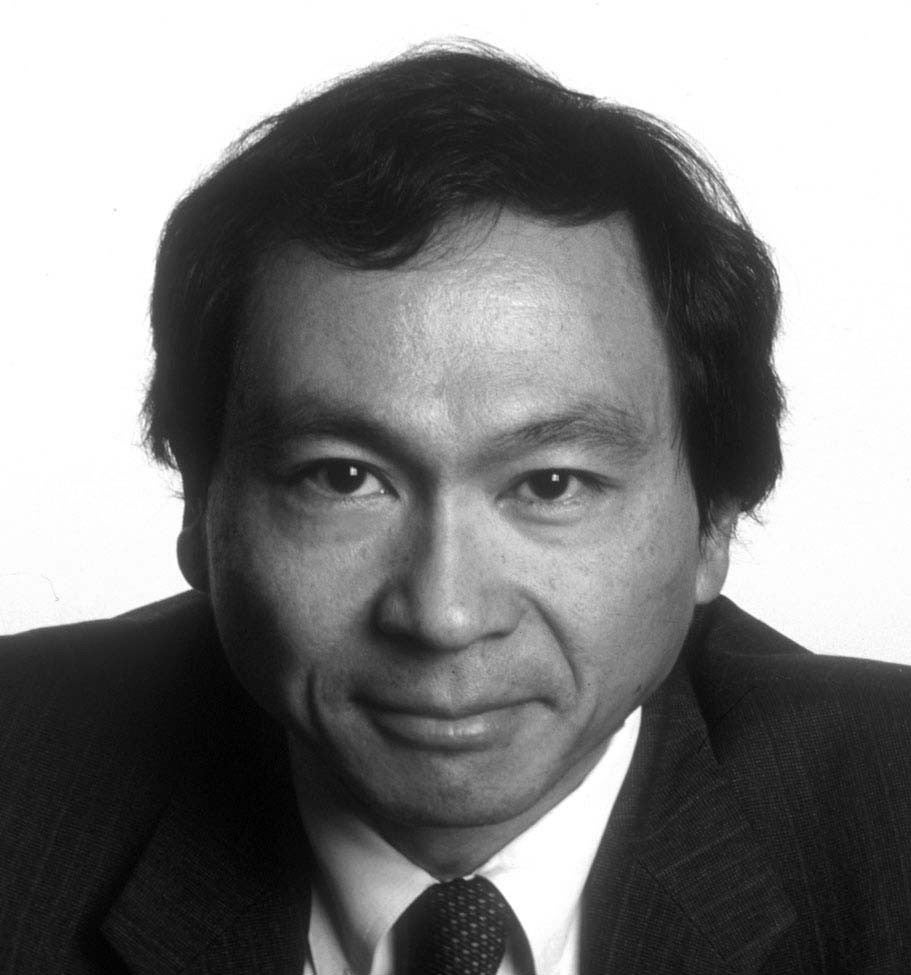Francis Fukuyama says Russian defeat in Ukraine will ‘make possible a new birth of freedom’
Author and Stanford University fellow says Vladimir Putin is headed for an ‘outright defeat’

Your support helps us to tell the story
From reproductive rights to climate change to Big Tech, The Independent is on the ground when the story is developing. Whether it's investigating the financials of Elon Musk's pro-Trump PAC or producing our latest documentary, 'The A Word', which shines a light on the American women fighting for reproductive rights, we know how important it is to parse out the facts from the messaging.
At such a critical moment in US history, we need reporters on the ground. Your donation allows us to keep sending journalists to speak to both sides of the story.
The Independent is trusted by Americans across the entire political spectrum. And unlike many other quality news outlets, we choose not to lock Americans out of our reporting and analysis with paywalls. We believe quality journalism should be available to everyone, paid for by those who can afford it.
Your support makes all the difference.Francis Fukuyama has said that Russia’s defeat in its war against Ukraine would lead to “a new birth of freedom”.
The author and Stanford University fellow penned an article for American Purpose where he anticipated that Russian President Vladimir Putin’s forces are heading for an “outright defeat” that could be “sudden and catastrophic” and could change the outlook on democracy today.
“A Russian defeat will make possible a ‘new birth of freedom,’ and get us out of our funk about the declining state of global democracy,” he wrote.
“The spirit of 1989 will live on, thanks to a bunch of brave Ukrainians,” he added - a reference to the fall of the Berlin Wall that November, which marked the symbolic end of the Cold War and the fall of communism in Europe.
Mr Fukuyama, author of the widely-known 1992 book The End of History and the Last Man, predicted that Russia’s defeat could unfold quickly amid reports of supply issues and low morale among Mr Putin’s troops.
“The collapse of their position could be sudden and catastrophic, rather than happening slowly through a war of attrition. The army in the field will reach a point where it can neither be supplied nor withdrawn, and morale will vaporize,” he said.
“This is at least true in the north; the Russians are doing better in the south, but those positions would be hard to maintain if the north collapses.”
The author blamed “incompetent” planning by the Kremlin and the “flawed assumption” that Russian forces would be welcomed by the Ukrainian people and face little in the way of opposition.
Instead, Ukrainian troops have put up a strong resistance and civilians with no military experience have taken up arms to fight to defend their country from attack.
“Russia is heading for an outright defeat in Ukraine. Russian planning was incompetent, based on a flawed assumption that Ukrainians were favorable to Russia and that their military would collapse immediately following an invasion,” he said.
“Russian soldiers were evidently carrying dress uniforms for their victory parade in Kyiv rather than extra ammo and rations.
“Putin at this point has committed the bulk of his entire military to this operation—there are no vast reserves of forces he can call up to add to the battle.
“Russian troops are stuck outside various Ukrainian cities where they face huge supply problems and constant Ukrainian attacks.”
Mr Fukuyama predicted that a defeat of Russian forces would spell the end for Mr Putin saying he “will not survive the defeat of his army”.
“He gets support because he is perceived to be a strongman; what does he have to offer once he demonstrates incompetence and is stripped of his coercive power?” he wrote.
Mr Putin isn’t the only leader who could struggle to come back from the war in Ukraine, said Mr Fukuyama.
Former President Donald Trump and others who have shown “sympathy” for the Russian president in the past are also finding their reputations damaged, he said.
“The invasion has already done huge damage to populists all over the world, who prior to the attack uniformly expressed sympathy for Putin,” he said.
“That includes Matteo Salvini, Jair Bolsonaro, Éric Zemmour, Marine Le Pen, Viktor Orbán, and of course Donald Trump.
“The politics of the war has exposed their openly authoritarian leanings.”
Days before Mr Putin declared war on 24 February, Mr Trump praised the Russian leader, calling him a “genius” “savvy” and someone he knows “very, very well”.
Meanwhile, Stanford fellow Mr Fukuyama praised the Biden administration for refusing to implement a no-fly zone over Ukraine, something that Ukrainian President Volodymyr Zelensky has repeatedly called on NATO to do.
He described the decision as a “good one” where the US has “kept their heads during a very emotional time”, “depriving Moscow of the excuse that NATO attacked them, as well as avoiding all the obvious escalatory possibilities”.
While Ukrainian officials have called on NATO to implement a no-fly zone, Western nations have ruled it out, warning that such a move would escalate tensions with Russia.



Join our commenting forum
Join thought-provoking conversations, follow other Independent readers and see their replies
Comments